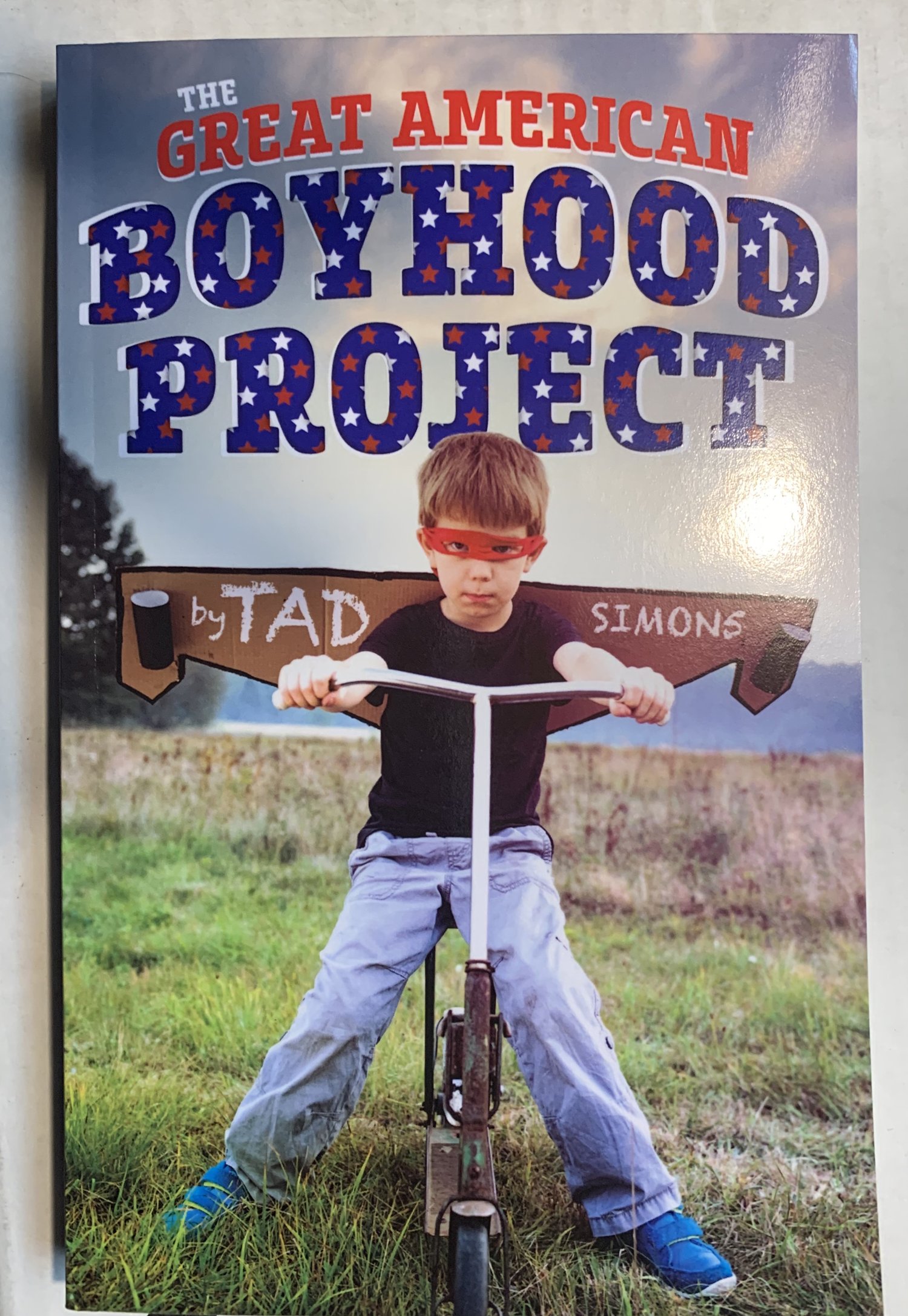One of the strangest parts about sitting home alone in a crummy room all day stringing sentences together is that when you come out, throngs of women are always waiting outside, intent on ripping your clothes off. If they can’t find your house, they wait outside bookstores for hours before a reading, giggling and screaming, in hopes you’ll be stupid enough to enter through the front door, where they can attack you, pin you to the ground, and yank your hair out by the roots as a souvenir.
Some of these women even fantasize about dating or marrying a writer, and will spend hours at a Starbucks searching for a guy with a laptop who isn’t looking at spreadsheets. If you are one of these women, I urge you to stop now, before you make a mistake you cannot undo. (Note: Many female writers doubtless have the same problem, but I can only speak for one gender of the scribbling classes.)
Now, becoming infatuated with a writer is understandable. The brooding machismo of a man struggling with his inner demons is simply too much for some female psyches to resist. Those who are vulnerable swoon when they see the writer’s sad eyes, and wonder if they might be the one to fill the dark holes in his tattered heart. They imagine what fun it would be to find themselves in bed, after a night of literary abandon, listening to a struggling novelist complain about how little he is appreciated in this culture, where life has become a cesspool of superficial nonsense. Women crave that kind of post-coital pillow talk, and they know it can only come from someone who is living more deeply and intensely than they ever could.
Someone like . . . a writer.
Let me assure you, however, that the reality of sleeping with a writer is much less glamorous than the fantasy. For one thing, writers like to sleep, so all of that late-night chit-chat you’ve been dreaming about has to take place over breakfast, when the groggy-eyed scribe is eating Cheerios, drinking coffee, and otherwise preparing himself for the rigors of the day. Writers do not like to talk during breakfast, so, while their abrupt replies and disinterested grunts may sound like poetry to your ears, they’re really his way of saying, “Don’t you have some more of my writing to read?” The first duty of a writer-stalker, after all, is to read everything the writer they are stalking has ever written. If you haven’t done your homework in this area, that budding relationship you’re imagining is already over.
Not that you should ever pursue an intimate relationship with a writer. And that really is the point I want to get across: Writers do not make good companions. You’d be much better off grabbing one of those spreadsheet guys off the street and molding him into the man-dog you really want: someone who gives you unconditional love, greets you with a smile when you come home, and licks your face like he means it.
When women fantasize about life with a writer, what they’re really infatuated with is the “idea” of life with a writer, not the reality. Writers are famously selfish people who get up every day and do the same thing over and over again, for months on end, sometimes years. There’s nothing remotely interesting about their daily lives, because they live eighty percent of their existence in their imagination, where psychotic literary stalking babes aren’t allowed, unless they are part of a story plot.
Which brings me to the other aspect of dating/stalking/marrying a writer that few women stop to consider. If you get involved in any kind of relationship with a writer, please know going in that he is going to dissect bits and pieces of your personality and attribute them to characters in his stories. This may sound flattering, but writers are assholes, so they don’t use the bits and pieces you want them to use—your engaging intellect, your exquisite taste, your plump lips and sapphire eyes. No, they’re going to use the bits and pieces you’d rather people didn’t know about: your neuroses about spiders, your mental breakdown a few years back, your aversion to public bathrooms, that patch of fungus on your toe, that high-pitched squeal thing that irritates everyone when you laugh. These are the types of things writers fixate on, because they seem so much more true than all the other stuff you’re trying to get them to notice.
If, after reading this, you still want to camp outside a bookstore at three in the morning on the off chance that you’ll attract a writer’s attention, be forewarned that any success you have will inevitably end in disappointment and heartbreak. Only bad writers enter through the front door; the best ones sneak in the back and slither out the same way they came, lest they destroy the illusion of their awesomeness by mingling too closely with their adoring public. These are the nicest writers—the ones who know the dangers, and do what they can to protect writer-loving fans from themselves.
